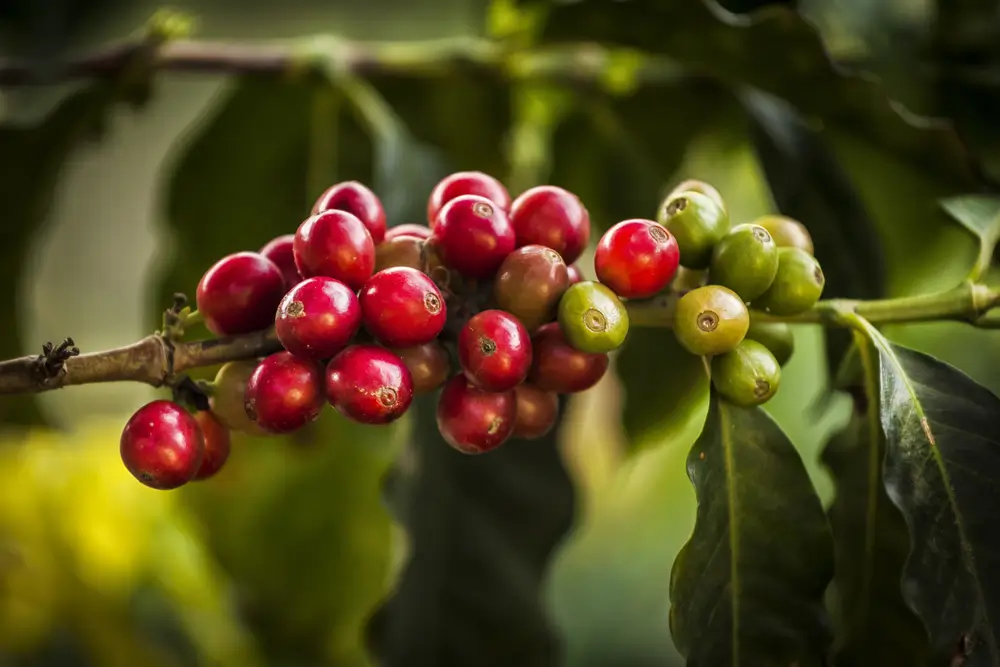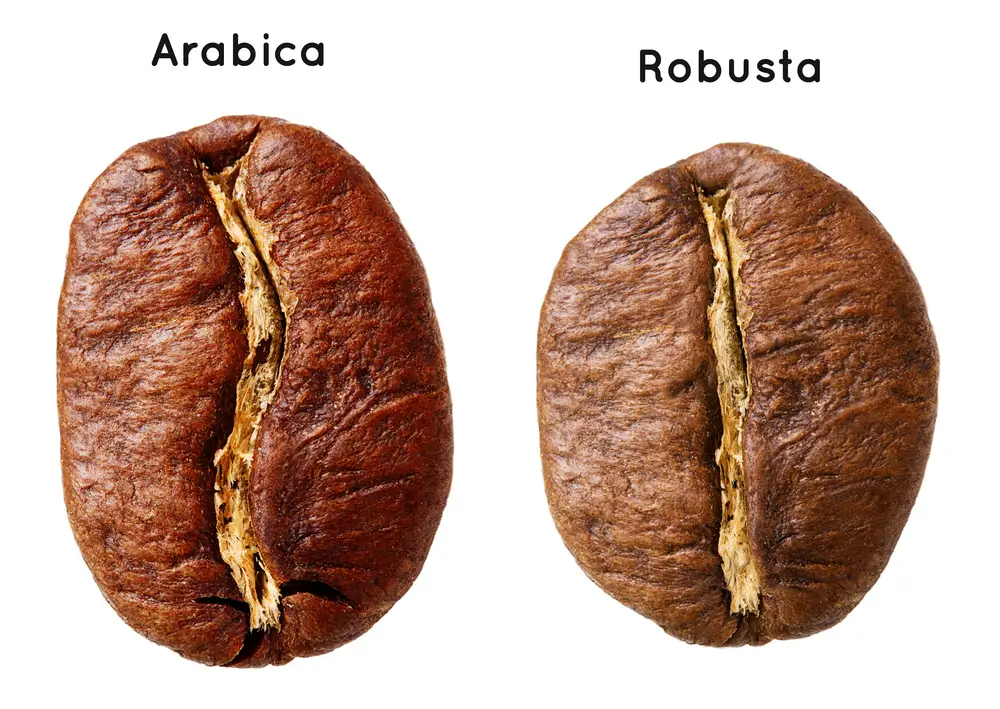Coffee is enjoyed worldwide for its rich flavors and energizing effects. However, the journey from coffee cherry to the cup involves various processing methods that significantly impacts the final taste.
Among these methods, the natural process stands out for its traditional approach and distinctive flavor profile.
What is Natural Process Coffee?
Natural process coffee, also known as the dry process, is one of the oldest methods of processing coffee. This method involves drying the entire coffee cherry, rather than removing the fruit before drying the bean. The process begins immediately after harvesting, where the ripe coffee cherries are spread out on drying beds or patios in thin layers. They are then left to dry in the sun, which can take several weeks depending on the climate.
During this drying period, the cherries are regularly turned and raked to ensure even drying and to prevent mold or fermentation. This step is crucial as any unevenness can affect the quality and taste of the coffee.

Once the cherries have dried to the desired moisture level, they are hulled to remove the dried fruit and parchment layer, revealing the green coffee beans inside.
When compared to other methods, like the washed process, the natural process requires less water and relies heavily on environmental conditions.
This method is particularly suited to regions with long periods of dry weather, such as parts of Ethiopia and Brazil. The natural process imparts a unique flavor to the coffee, often described as fruity, sweet, and full-bodied, with a complex profile that many coffee enthusiasts seek out.
Why Choose Natural Process Coffee?
Rich and Unique Flavor
One of the most notable advantages of natural process coffee is the flavor profile it imparts. Because the coffee beans dry inside the fruit, they absorb sugars and flavors from the cherry, resulting in a coffee that is often sweeter and fruitier compared to other processing methods.
This can lead to notes of berries, tropical fruits, and a richer body in the cup.
Environmental Benefits
The natural process is more sustainable as it requires significantly less water. In areas where water resources are limited, this method is not only practical but also crucial for preserving local ecosystems.
Additionally, the natural process is generally less labor-intensive, as it eliminates the need for extensive washing and pulping facilities.
Economic Advantages
For small-scale farmers who may not have access to advanced processing equipment, the natural process can be economically beneficial. By utilizing this method, they can produce high-quality coffee with lower overhead costs, potentially increasing their profit margins.
Moreover, the unique flavors of natural process coffee can fetch premium prices in specialty coffee markets, offering further financial incentives.
Challenges of Natural Process Coffee
Despite its advantages, the natural process also presents several challenges:

Risk of Uneven Drying and Fermentation
One of the main issues is the risk of uneven drying and fermentation. If the cherries are not turned and monitored properly, they can develop mold or ferment in undesirable ways, leading to off-flavors or even ruining the batch.
This requires a significant amount of attention and expertise from the farmers.
Consistency
The natural process can result in greater variability in flavor profiles from batch to batch, making it harder to achieve uniformity.
This can be a concern for roasters and consumers who seek a consistent taste in their coffee.
Quality Control
Quality control is critical in the natural process. Producers must be vigilant about sorting the cherries to ensure only ripe and healthy fruits are used. Any defects can be magnified during the drying process, impacting the overall quality of the coffee.
Regions Known for Natural Process Coffee
Several regions are renowned for their natural process coffee, each bringing its own unique characteristics to the beans:
Ethiopia
Ethiopia, often considered the birthplace of coffee, is famous for its naturally processed coffees, which are known for their vibrant fruitiness and complex flavors.
Yirgacheffe and Sidamo are two notable regions producing exceptional natural coffees.
Brazil
Brazil is another major producer of natural process coffee. Brazilian naturals are typically rich and heavy-bodied with notes of chocolate, nuts, and dried fruit.
The consistent climate in many parts of Brazil makes it ideal for the natural process.
Other Noteworthy Regions
Other countries, such as Yemen and certain Central American nations, also produce noteworthy natural process coffees. Each region’s specific climate, soil, and coffee varieties contribute to the unique flavors found in their naturally processed beans.
Closing Thoughts
The natural process is a traditional and intriguing method of coffee processing that offers a distinctive flavor profile and several benefits. While it presents certain challenges, the unique and vibrant flavors it imparts make it a favorite among many coffee enthusiasts. By appreciating the intricacies of the natural process, one can gain a deeper understanding and respect for the journey from coffee cherry to the cup.
Stay tuned for more coffee brewing guides, recipes, and bean roasts.


